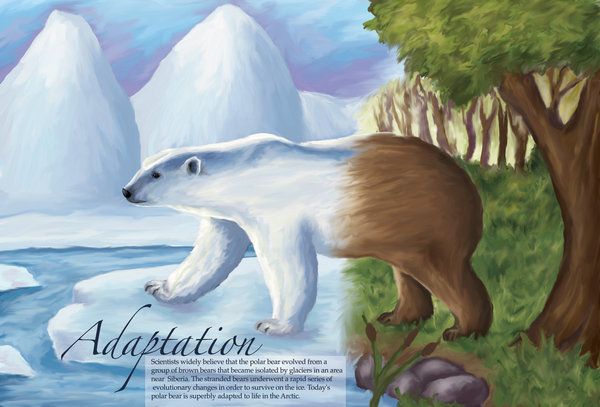I've been teaching a course for the last 15+ years. I love this course because I conceived it and brought it to fruition. Since its inception, it has been modified a lot, primarily through interactions with the students who take the course. Initially it was a 'lecture' course, but from its inception it involved plenty of reading the scientific literature, discussion of said readings, and writing.
One of the first major changes to the course was to make it writing intensive. In practice this did not change the course significantly, but did add an overt writing instruction component that was there but less explicit. It was about this time that I was much more active in writing to a general audience and actively engaged in science communication. These are still critically important to me, but my communication to a general audience have moved to the periphery as other commitments and responsibilities have taken over much more of my time. Regardless, my direct involvement in science communication impacted the changes occurring concomitant with the change to making the course writing intensive.

From here
While every year the course changes due to which scientific papers we use and to student interests/involvement, the fundamental structure has remained intact. This summer I am making some relatively significant changes to the course, at least in how it is delivered. The course is structured around a weekly schedule, where Monday is a didactic lecture in the organism we are discussing and relevant background related to the papers we are reading. Wednesday involves short student presentations on two primary research papers the entire class reads (the students address five specific questions related to the paper, but do not present the entire paper). Friday is a discussion related to specific aspects of the organism, papers from Wednesday, and student input from online responses.These discussion are completely open and are hard to prepare for as the discussions can go in many different directions. Regardless, the following Monday we move on to a different organism and set of papers.Based on student feedback, I am making some significant changes. First, I am changing the M/W.F schedule to a F/M/W schedule. Because students are reading two primary research papers for presentation/discussion, they have asked for the extra time the weekend provides to read and digest the material, as opposed to the Monday to Wednesday turn around time. This makes a lot of sense to me, so I am making this change for next semester, although it requires me to make some substantial changes to the course schedule. Second, students overwhelmingly indicate that the discussions occurring on Wednesday post-paper presentation and Friday facilitated their learning and engagement with the material. However they also noted it was difficult to see the link among organisms and topics. To be fair, there is no obvious link between these organisms/topics, other than all eukaryotes living today descended from a universal ancestral population. However, this is important and while I highlight similarities between what we were discussing in week 1 versus week 4, it occurs in passing during lecture or the discussions. So to more directly show the linkage, however disparate among organisms/topics, I am developing weekly worksheets for students to fill out asking questions like how does paper X discussed this week relate to topic Y from two weeks ago. Instead of trying to convince students of how analyses in one area can inform a distinct area, I am going to ask them to do that work in a directed way. In some cases there may be no clear links, but these higher level thinking exercises can be extremely informative to the students during discussion, but also to me (the instructor) to observe student perspectives/understanding. Third, I am developing at least one new type of writing assignment or at least making it overt that a writing assignment is distinct in style/approach than other assignments. Currently, students submit four essays that fall under the umbrella of 'essay exam'. Although these essays are completely distinct (one involves assessing a specific scientific paper, another a compare-contrast essay addressing a biological question in two distinct organisms), it appears (based on student feedback) that the distinction is not apparent. This coming semester, I am going to grade several distinct writing assignments that are completely independent...in other words do not fall under an umbrella of 'essay exams'. We already have another writing assignment, a blog post, that students do not report the same concerns with the 'essay exam' assignments even though grade associated with the blog post is slightly more than the individual 'essay exams'.
Basically, I want to facilitate student learning and embracement of, at least, some of the writing assignments. Why do I want do to this? There is much literature noting that writing facilitates learning (this is my personal experience as well).I'm not sure much more is needed to justify these approaches. However, science communication is sorely needed in society, especially societies where a significant population is more than willing to embrace non-scientific modes of thinking to justify policy decisions.
Will these changes improve student learning? I think so, but will need to make the adjustments and see how it works. The good things are these changes built on a solid foundation and are easy to alter if they do not appear to be working.
















No comments:
Post a Comment